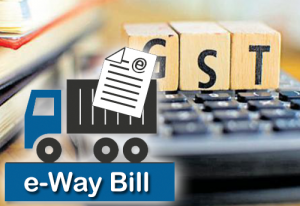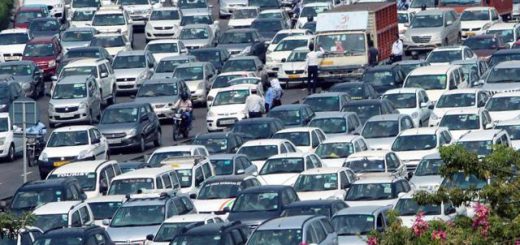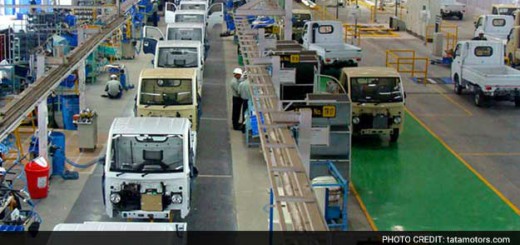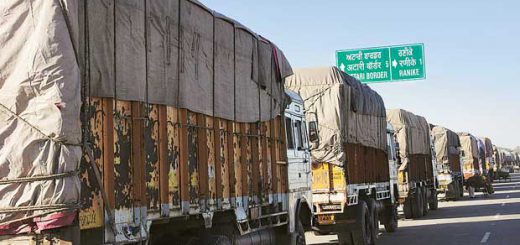E-way bill may relaxed e-commerce players
It is not clear if separate e-way bill for multiple orders are required if the same vehicle carries the consignments.
E-commerce players such as Amazon and Flipkart may get exemption from having to generate an electronic-way bill (e-way bill) under the goods and services tax (GST) if there are multiple deliveries on the same trip.
The e-way bill is set to be introduced on April 1 for interstate movements of goods worth at least Rs 50,000, and in a phased manner for intrastate movements subsequently.
This is one of the proposals to be tabled before the GST Council on March 10. The Council will also take up other measures to simplify the e-way.
“A slew of changes in the e-way bill are being deliberated in line with the industry demand. The idea is to remove difficulties faced by companies. These will be put before the Council in the next meeting,” said an official.
E-way bills will help the central and state tax authorities to track interstate and intrastate movements of goods that are part of consignments.
The government is likely to give e-commerce players relaxation if orders are small. However, it is not clear if separate e-way bills for multiple orders are required if the same vehicle carries the consignments.
“E-commerce players will be given partial relaxation. They send small packets in one go. This would require them to generate many e-way bills, which is not feasible,” the official said.
In the case of small orders, at least the e-commerce players would not require an e-way bill, he said. “However, an e-way bill may be needed for bigger orders, such as the one for iPhones,” he added.
Besides, the Council may offer exemption from the e-way bill to exports from an inland container depot (ICD) to a port.
“Imports were free from the e-way bill but exports were not. Exempting exports will reduce the load on the system. Movements of goods from the ICD to the port may be exempt,” said another official.
Companies are in a fix as to how the e-way bill will apply if goods are returned. “If I send consignments to a customer who does not accept them, who will issue the e-way bill in the case of the goods returned,” asked a senior executive of a company.
The validity of an e-way bill is 24 hours for 100 km. However, the government may also extend the e-way bill if a truck is held up at a warehouse for more than 24 hours. “It may be treated as an extraordinary situation if a truck needs to be stopped for one-two days at the warehouse. That period could be excluded from validity,” the official quoted above added.
M S Mani, partner, Deloitte, said: “Since the e-way bill is being introduced as an anti-evasion mechanism, B2C (business-to-consumer) transactions that are not susceptible to evasion, such as e-commerce deliveries, and B2B (business-to-business) movements that are well tracked, such as those in special economic zones or ICDs, could have some relaxation.”
However, Pratik Jain, partner, PwC India, pointed out that selective exemption should be avoided. “Typically a transporter may carry different types of goods and if an e-way bill is not needed for one of such commodities, things may turn complicated. The focus should be on setting up a mechanism to deal with administrative issues as well as transactions such as free-of-cost supplies, sales returns/rejections, and so on,” Jain said.
He said increasing the worth of consignments from Rs 50,000 to Rs 100,000 should be considered. The National Informatics Centre (NIC) is developing the e-way bill system, while the other information technology matters related to the GST are being managed by the GST Network (GSTN), a private body.
The NIC has got an advance of Rs 400 million for this. Industry has asked the government to keep e-way bill only for sensitive commodities, which was the case in a few states in the pre-GST regime. A group of ministers on fixing issues relating to the GST portal, headed by Bihar Deputy Chief Minister Sushil Modi, on Saturday recommended rolling out the e-way bill.
The GST collection slowdown had prompted the GST Council to advance the roll-out of the bill on interstate movement of goods on February 1 and for intrastate carriage on June 1. However, it had to be deferred on the first day of the roll-out because the portal crashed.
Source: https://goo.gl/gPJtYp





Recent Comments